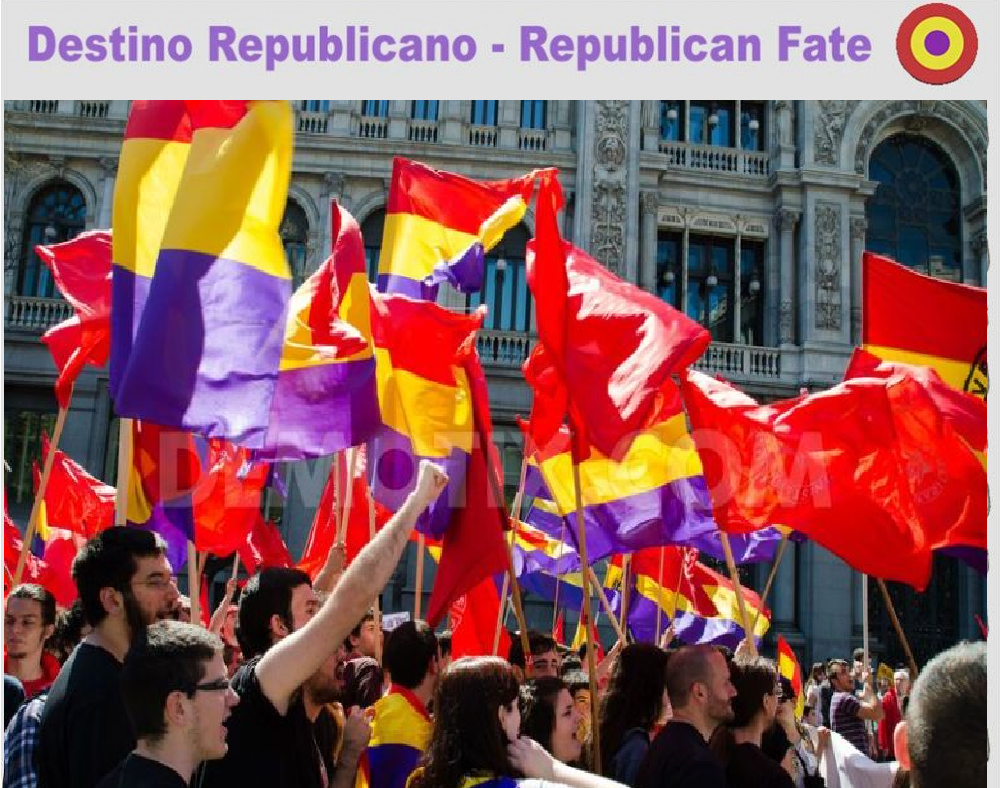«Greece, 8th of December, 1974»
George Georgakopoulos, journalist.
Kathimerini English Edition
My name is George Georgakopoulos, I am the business editor at the English Edition of Kathimerini newspaper in Athens and I will try to explain the occurrence of the referendum of the monarchy in Greece in 1974.
The question is who voted in the referendum and why the Greeks voted against the monarchy.
I was born just one month before the referendum, but I know full well that my parents voted for it, just like more than three quarters of Greeks.
The result was overwhelmingly in favor of ousting the royal family, and there are several reasons for it.
First, the country was just emerging from a seven-year-long dictatorship that at first had been seen to have the blessing of the palace, in 1967, although it was later illustrated that that had not been the case.
In fact, later that year Constantine II tried to overturn the military junta, but failed and was expelled by the dictators.
However the people had associated the royal family, and particularly Frideriki (Frederica), the mother of Constantine II and Queen Sofia of Spain, with behind-the-scenes machinations that often torpedoed the smooth operation of the elected governments in Athens in previous decades and served to steer the country’s politics to the direction of her own wishes.
The fact that she was not Greek made many people angry about her conduct, although she did have sworn fans, too. It therefore seems that in the referendum Constantine II did not only pay for his own conduct in the past, but also for his family’s sins, too.
Another reason is that in 1974 royalty was increasingly seen as a thing of the past. It is no coincidence that the vast majority of young people voted against it, and the 30% share of the vote it got was partly from the nostalgia of older people in Greece.
Most Greeks wanted a break with the past that had only caused them pain.
Finally, the result was also shaped by the fast that almost all major parties, including ruling right-wing New Democracy of Prime Minister Constantinos Karamanlis, were in favor of Greece becoming a republic.
Karamanlis, the most influential Greek of the latter half of the 20th century, had served as a Prime Minister under a king for eight years, from 1955 to 1963, and firmly believed that the republic was essential for the promotion and establishment of the democratic institutions in this country.
The result served to heal some of the wounds opened not only by the military junta but also from the National Split that had dated since the mid-1910s in Greece, no less than six decades.
Had the king stayed on, that would have taken even longer.
«The Schleswig-Holstein-Sonderburg-Glücksburg dynasty in Greece“



![QUEEN FEDERIKA[1]](https://destinorepublicano.files.wordpress.com/2012/12/queen-federika1.jpg?w=164&h=207)


